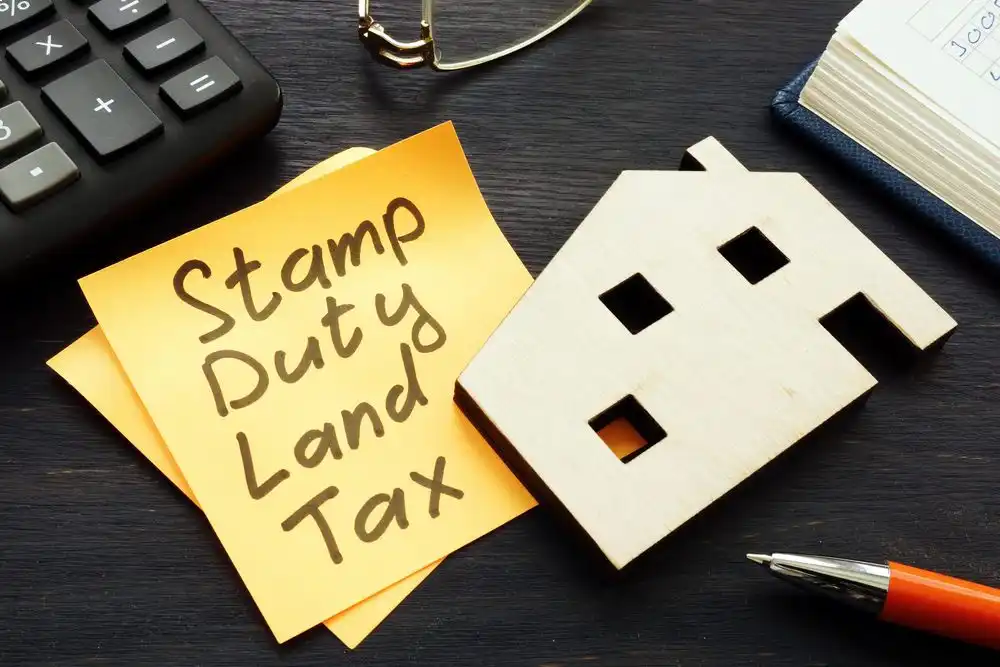
In 2016 the government introduced the Stamp Duty Land Tax surcharge for purchases of additional residential properties. This is currently an additional 5% payable on the entire consideration, in addition to the usual SDLT which would be due on the purchase. Generally, this surcharge is payable on the purchase of a second or subsequent property.
Although it would appear that landlords are mostly affected by these rules, their scope is more widespread than you may think.
Who is affected?
It is not only individuals who are subject to the 5% surcharge. The following are also affected in different ways:
- Individuals (including joint owners),
- Trustees
- Personal representatives
- Partners in a partnership (including limited liability partnerships)
- Companies
The purchase of any residential property which is not going to be the purchaser’s main residence is potentially subject to the additional 5% Stamp Duty Land Tax charge. In the case of anyone other than an individual, the purchase of any residential property could be subject to the surcharge, regardless of whether they already own a property.
Spouses and civil partners
Unusually, spouses and civil partners are considered as ‘one person’ for this purpose so if one spouse owns a property in their sole name and the new home is to be purchased in the name of the other spouse, that property purchase will be subject to the 5% surcharge.
What type of property is affected?
Any residential property, but excluding a mixed-use property, i.e. one which has an element of commercial use, such as a shop with a flat above it.
Commercial properties are not affected by the surcharge.
Exemptions
The 5% surcharge would not apply in the following circumstances:
- The total consideration is below £40,000
- If the purchaser is an individual, at the end of the day when the purchase completes, the purchaser only owns one property
- Transfers between spouses/civil partners who are living together
What if I am replacing my home?
It is often the case that an individual may either:
- Purchase a new home sometime after they have sold their previous home, or
- Buy a new home before they sell the old one
Scenario 1
The individual should not be subject to the 5% surcharge on the purchase of their new home if they purchase their new home within three years of the sale of their previous home. This is irrespective of what other properties they may own.
If the purchase of the new home is more than three years after the sale of the old home and the individual owns other residential property, the surcharge is likely to apply.
Scenario 2
The 5% surcharge would apply to the purchase of the new home. However, if they were to dispose of their previous home with three years of the purchase of the new one, they can apply to HMRC to obtain a refund. The application for the refund must be made within a year of the sale of the previous home.
We can help with planningThe legislation has been purposefully drafted very widely to catch as many transactions as possible. However, if you are thinking of purchasing a property, please get in touch and we can look at any pre-purchase planning to see what options are available to you. |
.jpg)
Brian Gooch
I work extensively in the corporate owner managed business sector, covering transactional taxes, property taxes including Stamp Duty Land Tax and VAT, and all areas of business tax planning. I have considerable experience in maximising tax efficiency by reviewing business structures and planning corporate reorganisations.
View my articlesTags: Private Client

